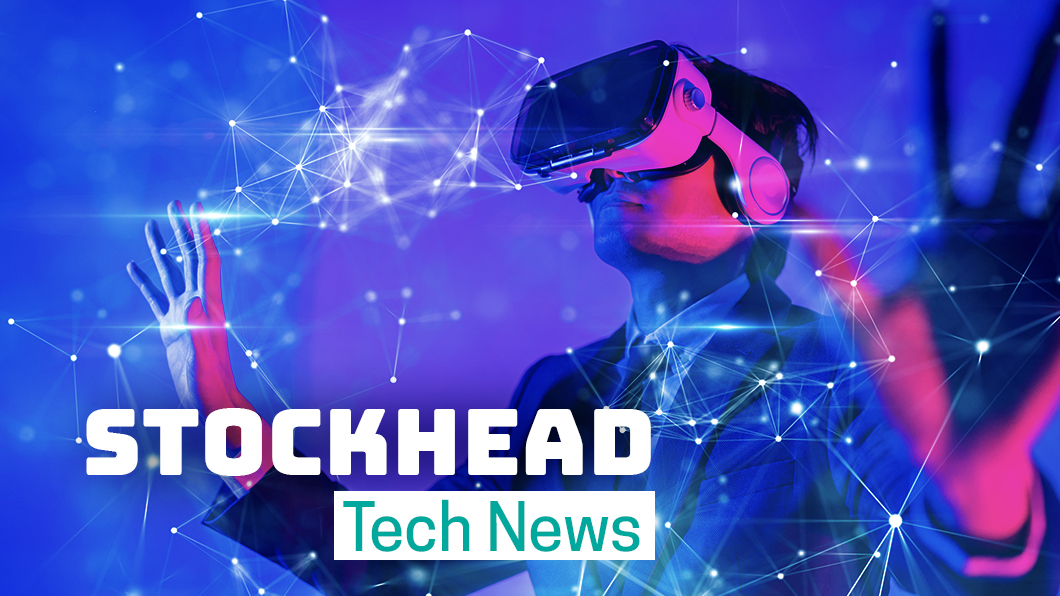AI could add $885bn to the economy by 2030 depending on how we deal with it

Pic: Thinkhubstudio / iStock / Getty Images Plus via Getty Images
Increased investment in machine learning technology and Artificial Intelligence could net the Australian economy an increase of up to $US700 billion ($885 billion) in Gross Domestic Product by 2030.
That’s according to the Economist Intelligence Unit, which examined the economic impact of machine learning on Australia, Japan, South Korea, the US and the UK.
The Economist, working with Google, examined different scenarios for tackling the challenges associated with machine learning and AI — and found Australia had the greatest potential for gains among the five countries — depending which path we took.
If Australia invested in productivity by training workers in machine learning skills, GDP could increase by $US500 billion from a forecast baseline of $US1.4 trillion in 2030 to $US1.9 trillion.
“This higher level of economic output can be attributed almost entirely to the positive impact on productivity of public policies to upskill workers and increase complementarity between human labour and machine learning technology,” the report says.
But the rewards were even greater with direct public investment in the technology itself.
Driving capital investment in machine learning technology — via new tax incentives and releasing more government data to national knowledge sharing communities — could add $US700 billion to the 2030 GDP baseline.
“Over the forecast period, an acceleration in this trend, coupled with AI, provides a significant boost to the country’s productivity.”
- Bookmark this link for small cap breaking news
- Discuss small cap news in our Facebook group
- Follow us on Facebook or Twitter
- Subscribe to our daily newsletter
But without either set of public policies, the outlook was grim.
Advances in machine learning — without investment either up-skilling or infrastructure — would result in the technology replacing workers, rather than increase productivity.
“The impact of this policy inaction on the Australian economy is profoundly negative,” the report says.
Under that scenario, Australia’s GDP would drop back $US200 billion versus the 2030 baseline.
The report defined machine learning as a subfield of Artificial Intelligence that leverages algorithms which learn and optimise from data without being explicitly programmed to accomplish a task with pre-defined rules.
It incorporates a variety of techniques, including neural networks, decision tree learning and support vector machines, among others.
The scenarios are echoed by Innovation and Science Australia (ISA) whose report earlier this year suggested the government’s Digital Economy Strategy (due for release later this year) should position the nation as “a leading nation in the research, development and exploitation of AI and machine learning”.
Seven ASX small caps with exposure to machine learning and AI
Assuming Australia’s policy makers make the right choices, there are several ASX-listed small caps that may give investors exposure to this predicted growth.
Here are seven:
Brainchip (ASX:BRN) is developing a system that mimics the human brain and shipped its first accelerator card to a major European car manufacturer last quarter.
Its technology uses a type of neuromorphic computing which allows the system to be trained instantaneously, to learn autonomously, evolve and associate information just like the human brain.
Earlier this year Brainchip announced a licensing and development deal to jointly develop and deploy casino video analytics in Las Vegas but also are eyeing off deals for application in civil surveillance and visual inspection systems.
Marketing-oriented play OpenDNA (ASX:OPN) is carving a niche in the advertising realm, using AI to feed highly relevant content to consumers by looking at their previous browsing history, preferences and dislikes.
The company helped to launch android smart phones, Netsurfer last month, with a personalised content app Jottr pre-loaded on a predicted 500,000 phones this year.
Flamingo AI (ASX:FGO) is an Artificial Intelligence and Machine Learning company providing virtual assistants ROSIE and MAGGIE to solve the business problems of poor customer experience, low online sales conversion rates and high cost of customer service for Financial Services.
Linius Technologies (ASX:LNU) incorporated Microsoft’s artificial intelligence services to its virtual videos in December, to change the way that viewers can search within videos.
Much vaunted logistics tech Yojee (ASX:YOJ) uses the technology to delivery efficiency in global freight logistics.
Both have since announced the addition of blockchain into their service offering as well.
Further, health techs have jumped on the bandwagon with enthusiasm, with roughly 12 using machine learning or AI in some form – Resonance Health (ASX:RHT) even using it to help diagnose blood disorders.
Recent listing Whitehawk (ASX:WHK) uses it to power their cyber-security marketplace while BidEnergy (ASX:BID) uses it similarly for energy bills.
UNLOCK INSIGHTS
Discover the untold stories of emerging ASX stocks.
Daily news and expert analysis, it's free to subscribe.
By proceeding, you confirm you understand that we handle personal information in accordance with our Privacy Policy.








